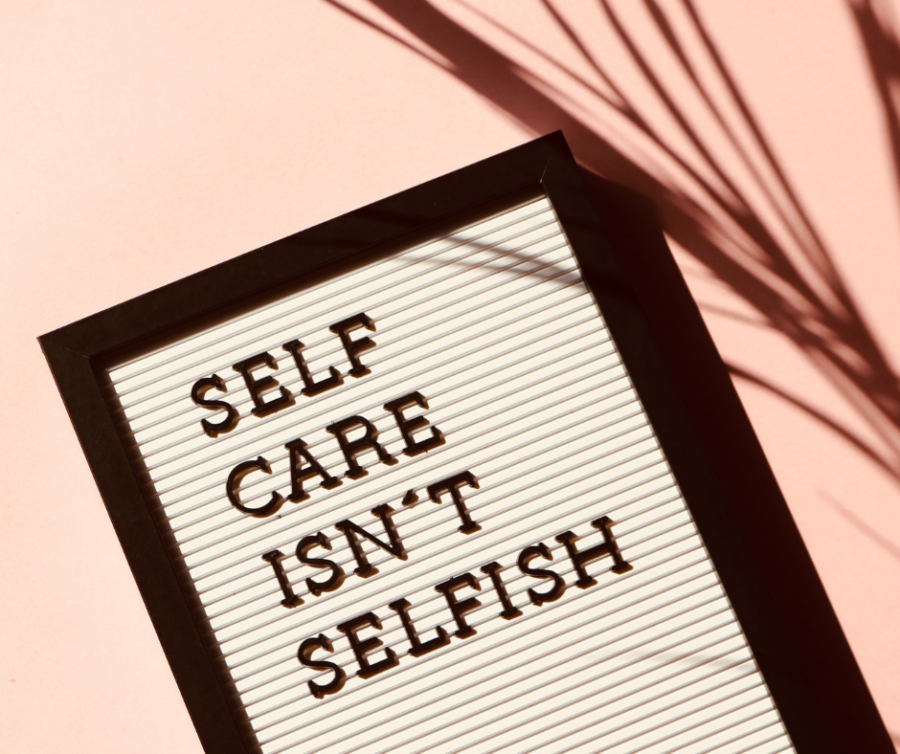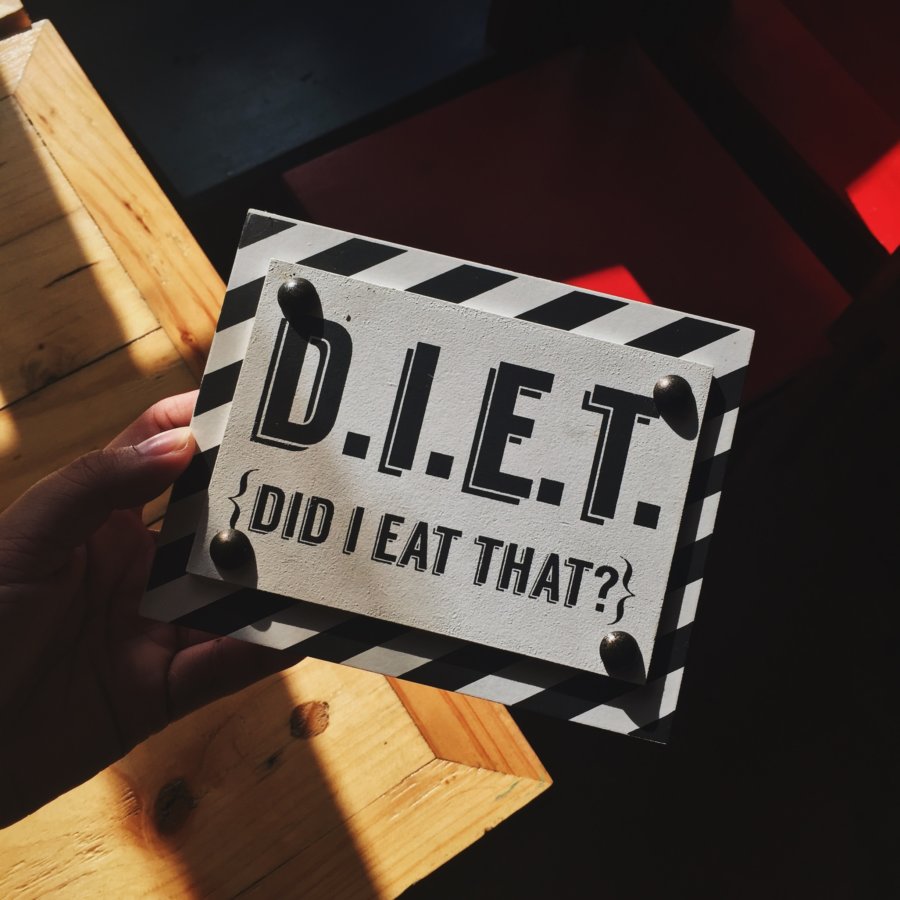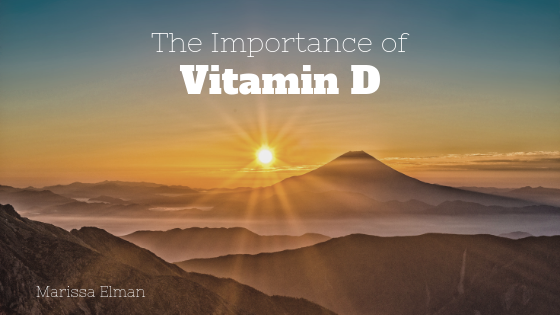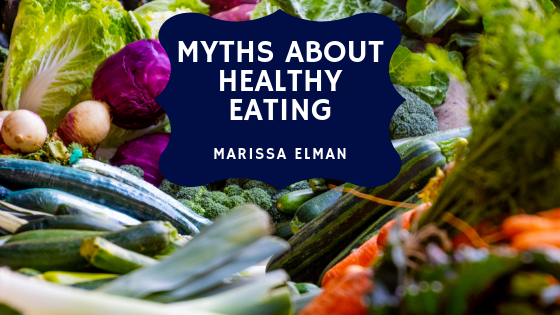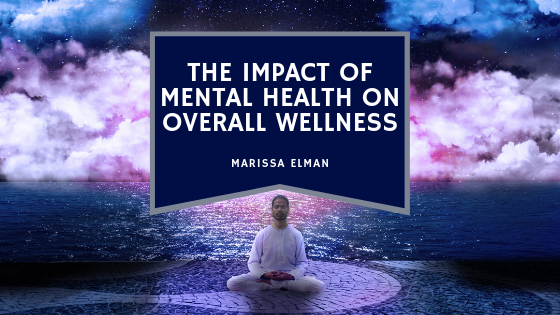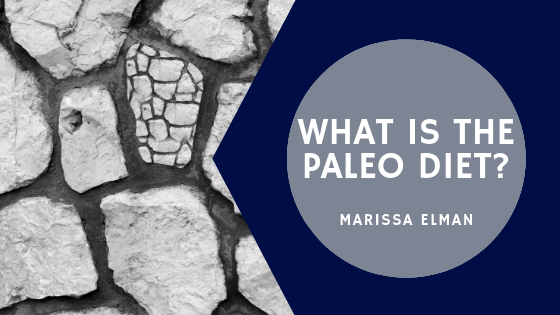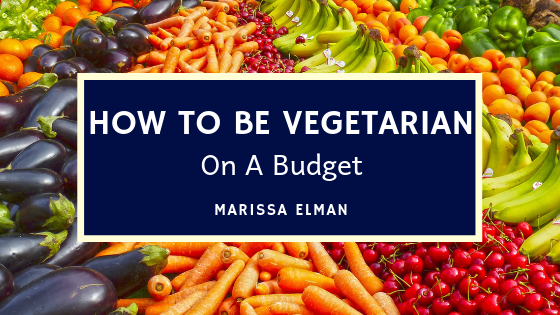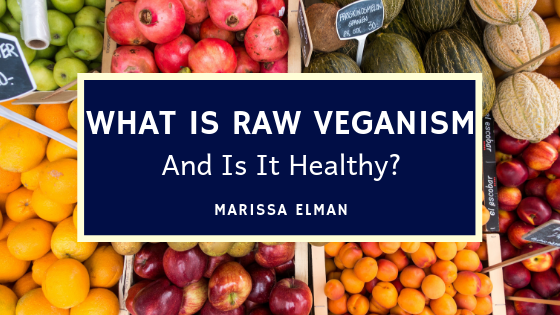To help prevent the spread of COVID-19, it’s suggested that individuals stay home when they can. Many businesses are turning to remote work as a way to help stop the virus from spreading, but the transition to work from home may be hard for some employees. Remote work requires making adjustments to workflow and scheduling. Employees making the transition will also need to decide where to set up a workspace in their home.
The Importance of Self-Care for Remote Employees
Self-care is essential for employees who work from home. Self-care is maintaining good health and well being, and there are various ways individuals can practice self-care. It’s especially important that remote workers engage in activities that promote self-care. With the pandemic, many people are concerned and worried, and when these feelings are combined with a new work environment, it can make it difficult to be productive.
Ways to Practice Self-Care When Working Remotely
Individuals can maintain good health and well being while working at home with self-care habits that include setting boundaries, getting enough sleep, keeping your workspace organized, and sticking to a routine.
Setting Boundaries
Setting boundaries that help you keep your work life and home life separate is beneficial. If you’re not working, refrain from checking work emails and notifications until it’s time for you to work again. Remote workers will also benefit from having a dedicated workspace that’s free of clutter and distractions.
Getting Enough Sleep
It’s suggested that adults get eight hours of sleep each night to promote good health and mental wellness. Getting to bed at a regular time creates a routine that can boost focus during the day.
Keeping an Organized Workspace
Keeping an organized, clean workspace can help remote workers with productivity. Not only will keeping a workspace clean and disinfected promote productivity, but it also helps prevent the spread of COVID-19.
Sticking to a Routine
Remote workers should stick to their routines as much as possible. Individuals who exercised before or after work should try to maintain their routine when they’re working from home. Remote workers who used to have a long commute can use the extra time to sleep in or take up a new activity.


